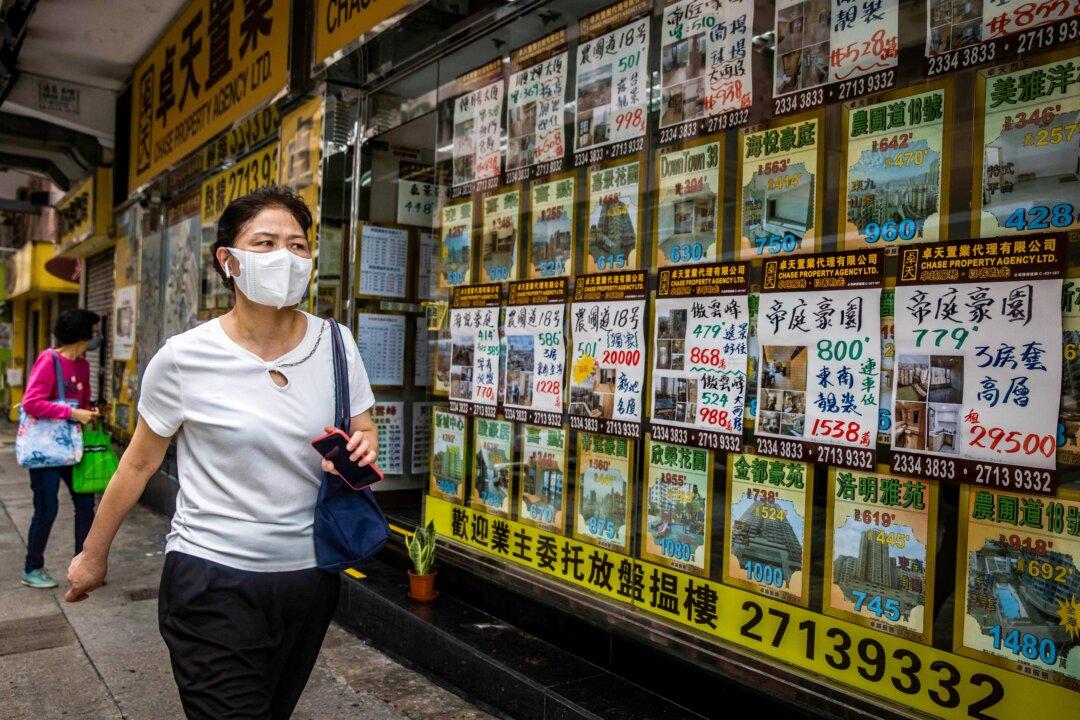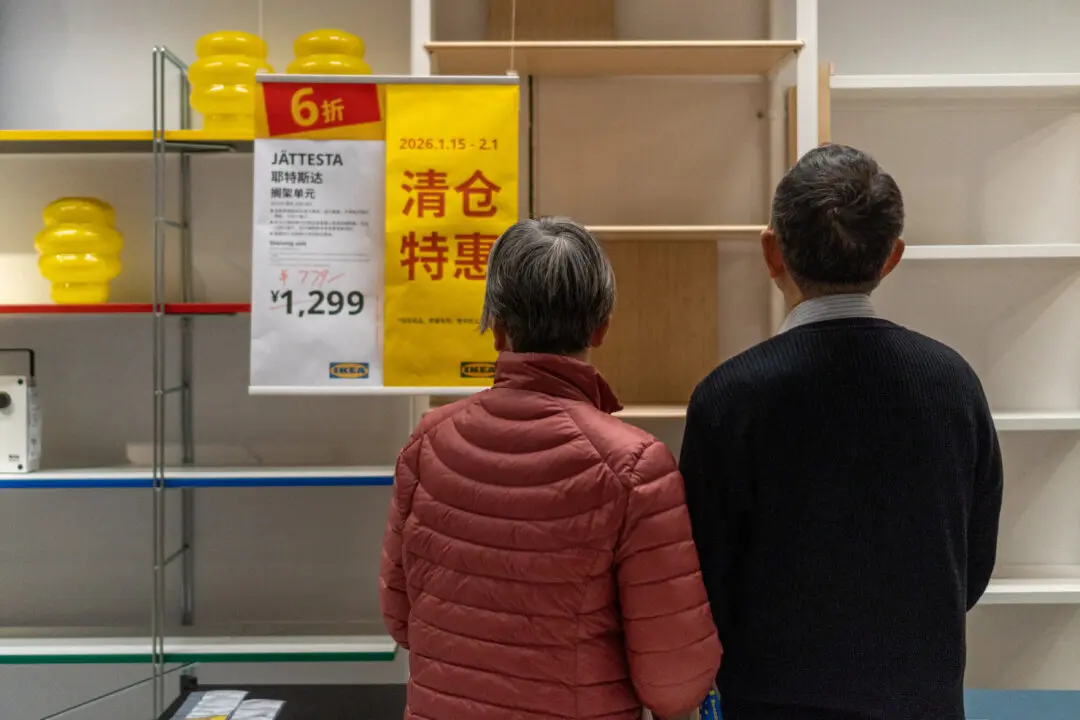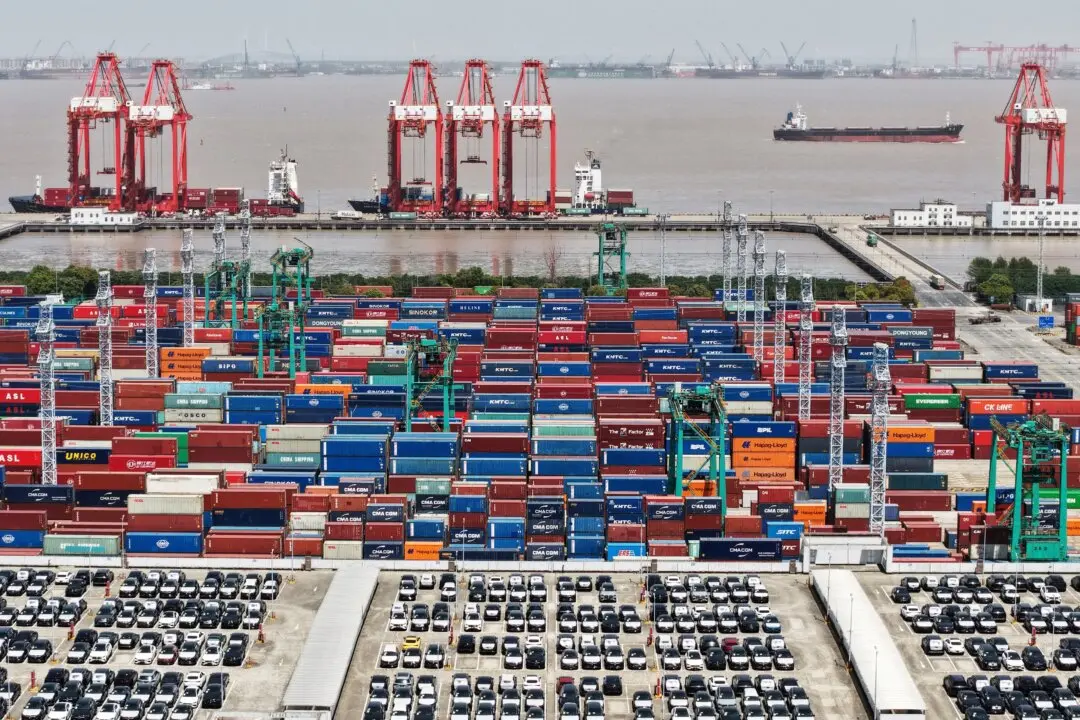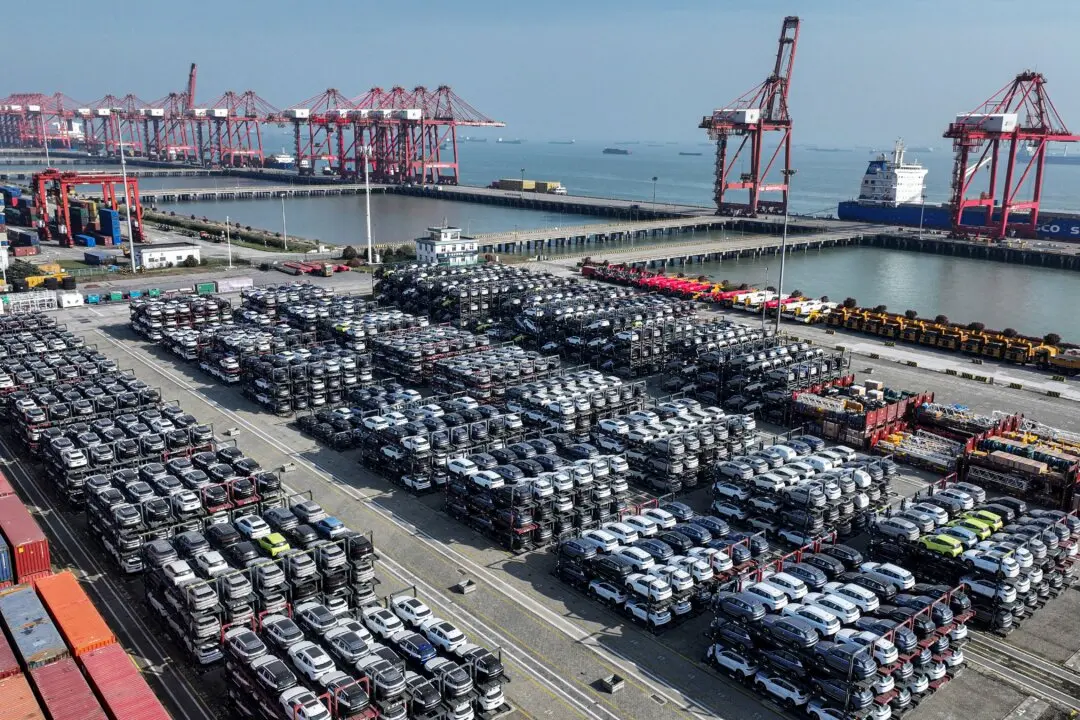Commentary
For years, Hong Kong had the richest property market in the world. Residential and commercial prices were so high that the city authorities imposed taxes and fees designed to discourage buying, reduce demand, and create a more affordable environment.





